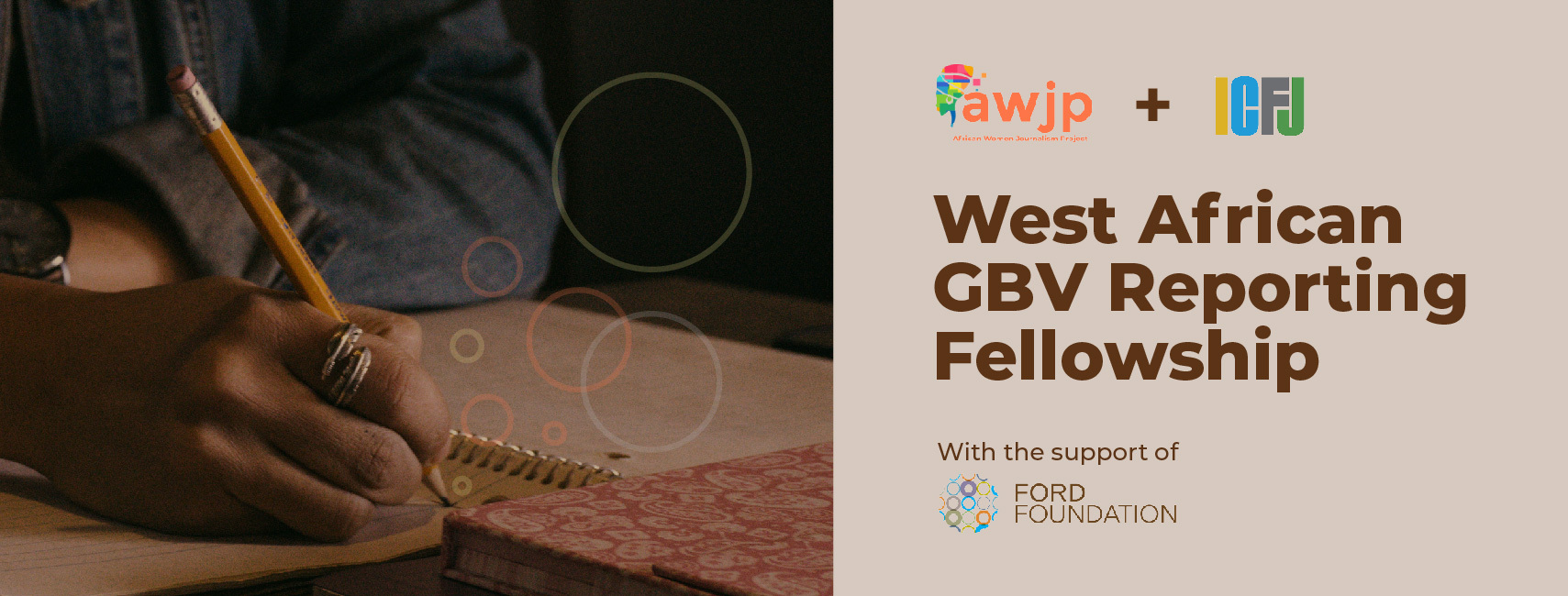The Africa Women Journalism Project, an initiative supported by the International Centre for Journalists in partnership with the Ford Foundation West Africa, invites applications from women journalists from Nigeria, Ghana and Senegal. The initiative aims to increase the capacity of women journalists in comprehending the complexities of gender-based violence and exploitation and empowering them to cover gender-related issues. The AWJP seeks 60 women journalists interested in investigating and exposing the extent of gender-based violence in the target countries with a focus on under-reported issues..
We are particularly interested in stories that cover under-reported topics of violence against women in the region with a specific focus on three countries—Nigeria, Ghana and Senegal. The applications will be assessed based on the following
- relevance of the proposed story,
- feasibility, originality of the piece,
- motivation expressed in the application and
- journalistic approach.
Successful participants, meeting all requirements, will be shortlisted for a 9-month fellowship. The fellowship includes
- on-the-job mentoring,
- editorial sessions,
- training on gender-based violence, and
- financial support.
WHY is this important now?
The current situation in West Africa demands attention due to the longstanding issue of gender-based violence, exacerbated by the COVID-19 pandemic. The crisis has led to a surge in domestic and sexual violence, creating a dual burden for women who are also caretakers of their families.
Despite efforts by civil society and public officials, addressing gender-based violence requires sustained, comprehensive solutions. However, the converging crises of the pandemic and gender-based violence highlight the ineffectiveness of one-off, short-term solutions in combating a problem rooted in harmful social and cultural norms.
Ending gender-based violence and discrimination requires deeper and broader cultural, societal, and political buy-in. The underrepresentation of women in public spaces, combined with their continued objectification in the media undermines any effort to address the deeply entrenched and damaging culture of discrimination. As the “gatekeepers of culture,” the media play a critical and essential role in righting this long-term wrong.

